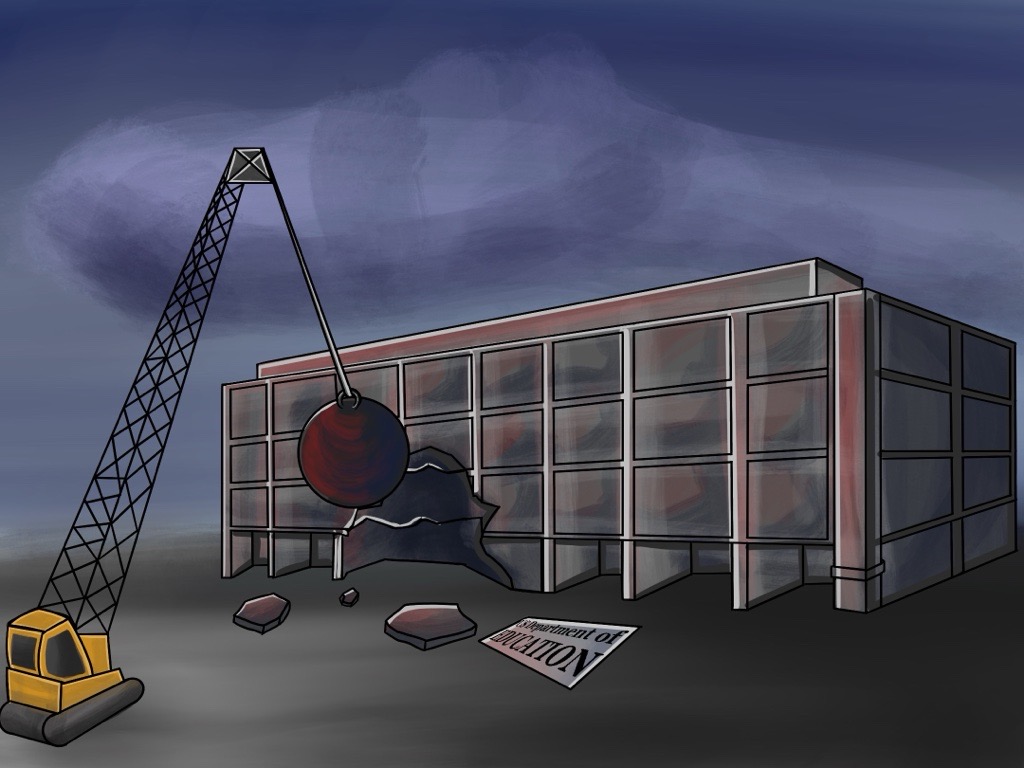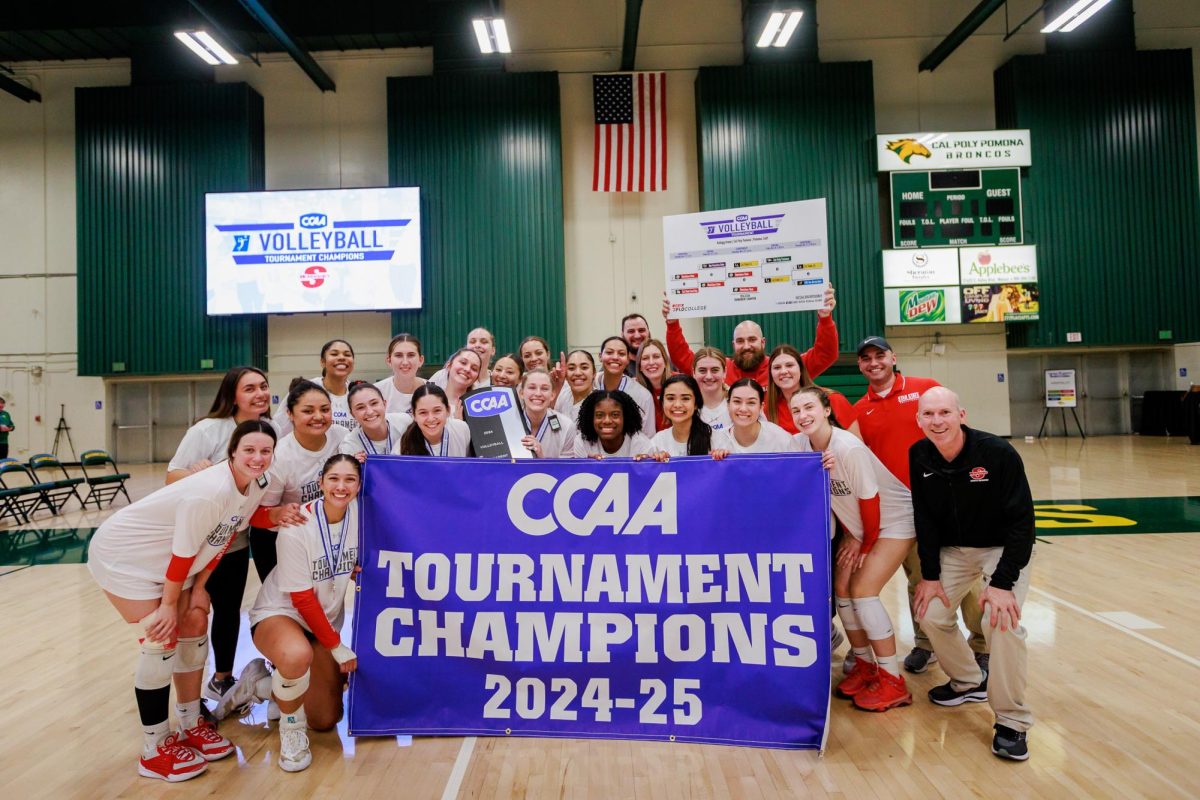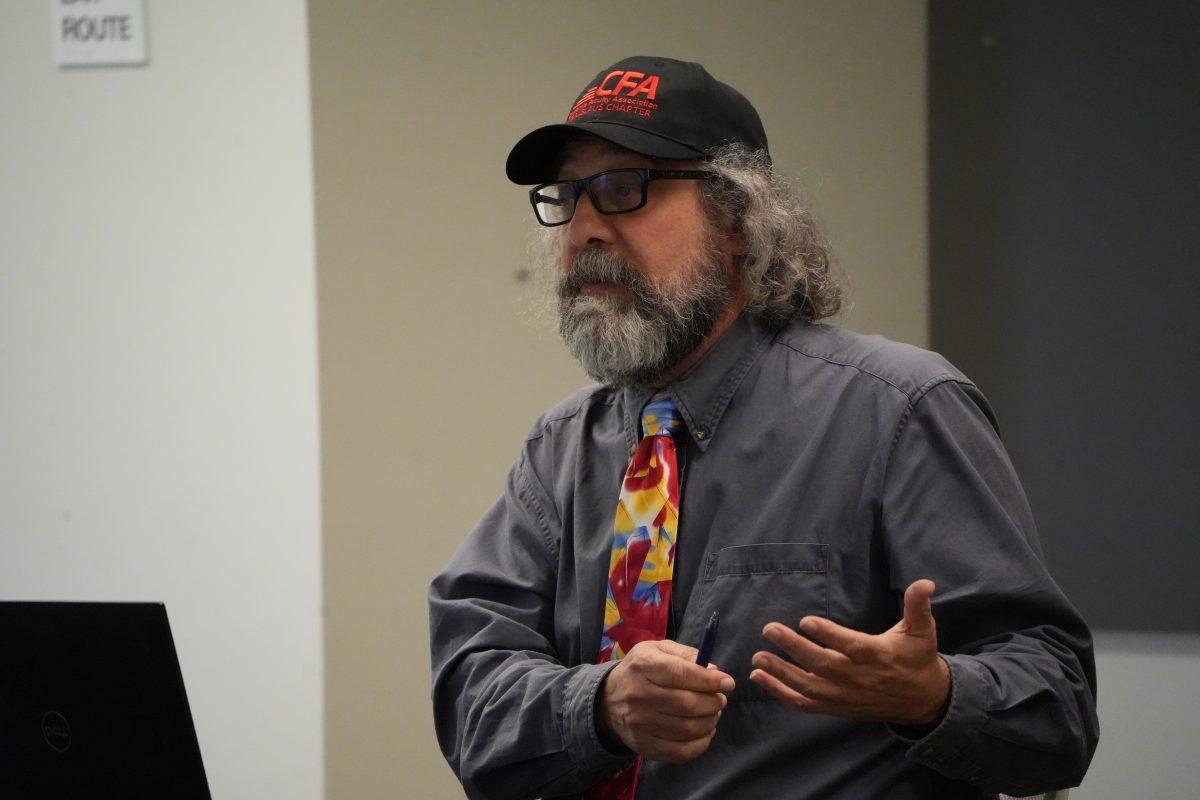Does reading those long, detailed paragraphs about the propositions up for vote make your head hurt? The Signal has got you covered with simplified versions of the propositions that you will be voting on, come Nov. 8. We clarified what it really means when bubbling in “Yes” and “No”, so that you don’t have to play a game of eenie-miney-mo.
- 51: Borrows $9 billion to build and improve schools
YES: The state would give its general obligation bonds (debts paid off by tax-payers) to build education facilities, but some of the neediest school districts wouldn’t get the money.
NO: The state cannot sell its general obligation bonds and $500 million of debt will not be added to the budget.
- 52: Extends the fiscal support of the Medi-Cal program
YES: The charge imposed on most private hospitals, set to end on Jan. 1, 2018, would be extended permanently. Revenue will be used to aid the hospitals for low-income Californians and stops legislature from diverting money without voter approval.
NO: The charge imposed on private hospitals would end Jan. 1, 2018. The $3 billion that California has made from taxpayers will be put in the hands of the CEO, and can end up literally anywhere with no independent audit and no requirement for the money to be spent on health care.
- 53: Requires voter approval for public infrastructures exceeding $2 billion worth of revenue bonds
YES: The State has to have any project totaling $2 billion or more approved by voters.
NO: Revenue bonds would not need voter approval. This puts the control of local issues in the hands of the whole state. Bridge repair, water supply projects and other projects in high population areas will be voted on by state residents near and far away.
- 54: Requires legislature to post a bill online for 72 hours before passing said bill. Also requires recordings of legislative proceedings must be posted online and allows the use of recording devices by individuals in the meeting.
YES: Any bill would have to be posted and available to legislators for at least 72 hours before it could pass. This stops surprise legislations from passing and all meetings would be posted online for transparency and requires no new tax money.
NO: The rules of the legislature will continue without change.
- 55: Tax extension on high-income taxpayers to fund education, and sometimes health care, for 12 more years
YES: The tax increase would be extended to 2030 and prevents billions of dollars of cuts to come once the money runs out.
NO: Lets the temporary increase run out in 2018.
- 56: Cigarette tax to fund healthcare, tobacco use prevention, and research
YES: Increases the tax on cigarettes from $0.87 to $2.87 and the money to be used to help pay for smoking prevention and healthcare. The money would be in the hands of healthcare insurance companies and special interest groups and roughly 13% of the money helps smokers or prevention of kids from starting.
NO: No increase on tax rates.
- 57: Parole consideration for nonviolent felons, gives time served credit for rehab, good behavior and education and gives the decision to the juvenile court judge to try minors as an adult or not.
YES: some nonviolent felons in prison would be up for early release, credit for time off their sentence for inmate’s completion of rehab, good behavior, and education achievements, and youths would need a juvenile court hearing before being transferred to adult court.
NO: no change in the inmate release process. Certain youths would continue to be tried as adults without hearing from a juvenile court.
- 58: Requirement for public schools to ensure students obtain English language proficiency. Authorizes school districts to establish dual-immersion programs for both native and non-native English speakers.
YES: Pubic schools could choose the easiest way how to teach English learners whether its English-only, bilingual, or other types of programs.
NO: Public schools would still be required to teach most English learners in English-only programs.
- 59: Tells California’s government your opinion on Citizens United v. Federal Election Commission
YES: The voter tells the state government to seek regulation of campaign spending and contributions.
NO: Voters would not be asking for any change. There would continue to be unlimited political spending by corporations.
- 60: Requires adult films to practice safe and healthy sex with condoms
YES: There would be safety requirements in porn films. This will protect workers against blood-borne pathogens, just like any other general worker.
NO: The rules within the adult film industry would continue to be subject to state and local workplace safety requirements.
- 61: May lower drug prices for state agencies
YES: State agencies would be prohibited from paying more for drugs than the lowest price paid by the U.S Department of Veterans Affairs.
NO: State agencies would continue paying for drugs by means of negotiations, without reference of the Veteran Affairs.
- 62: Repeal the death penalty
YES: Repeals the death penalty and replaces it with a life sentence without parole; those under the death sentence would be resentenced to life without parole.
NO: Certain offenders convicted of first-degree murder could still be sentenced to death.
- 63: Creates stricter checks on ammunition
YES: Buyers of ammunition will need to pass a background check and buy a 4-year permit; stealing a gun worth less than $950 would become a felony; pre-2000 guns capable of carrying more than the “normal” amount of ammunition will have to be disposed.
NO: No new requirements will be implemented.
- 64: Legalizes marijuana
YES: Adults 21 and over could legally grow, possess, and use marijuana for recreational use. Nonmedical marijuana businesses would be regulated by the state, the selling and growing of marijuana would be taxed and the revenue would support youth programs, environmental protection, and law enforcement.
NO: Growing, possessing, or using marijuana for nonmedical purposes will remain illegal.
- 65: Requires money collected from bag fees to go towards an environmental fund
YES: If the state law prohibits giving carryout bags for free and requires a charge, the revenue will go in a new state fund to support certain environmental programs.
NO: The collected money from any bag fees could go toward any purpose.
- 66: Quickens the death penalty
YES: The death penalty stays. By setting deadlines and increasing the number of attorneys, the appeals process is speeds up. The inmates can be held at any state prison.
NO: No changes to the current process.
- 67: State-wide ban on plastic bags
YES: Ratifies the original 2014 ban on plastic bags and implements the law across the states. Stores would keep the revenue and keep it for their own specified use.
NO: Stores continue to provide plastic bags, free of charge. Local cities that already have the ban on plastic bags and charge a fee will not be affected.







